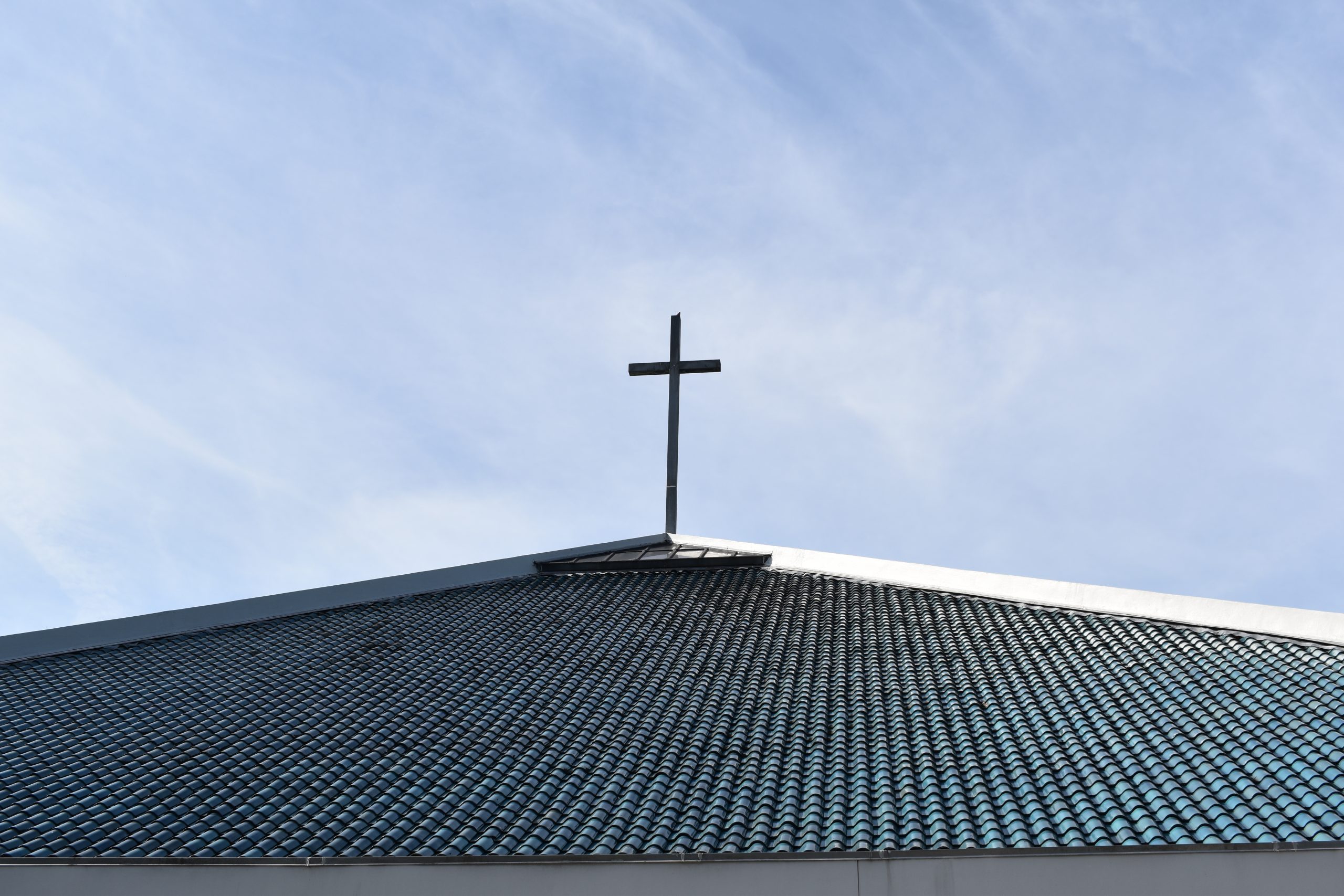– Rebecca Steinke (originally published in The Southern Cross (June 2017)
Isn’t it funny how music can take you back in time? A song will come on the radio in the car or be playing in a store somewhere, and suddenly we are transported back to another time period in our lives, and other memories flood out and we might remember family members, or a special vacation, honeymoon, or holiday. In his article “Why Does Music Make Us Feel” in Scientific American (2009, September 25), Mark Changizi notes that “speech sounds do not make us cry… But music emanates from our alarm clocks in the morning, and fill our cars, and give us chills, and make us cry.” Most of us have been touched by some music somewhere—the symphony, our favorite bands, the music of our youth. Music also connects us to deep, meaningful memories in our lives.
When we sing hymns, songs, and other chants during Mass we are connecting to memories of other liturgies, other times spent worshiping our Lord. I sing songs and remember my parents’ funerals and that time in my life, or play a hymn and remember playing for Mass as an 11-year old. How is it that music has this kind of power? There have been MRIs taken while of people talking, and then people playing or singing music. In the MRI of speech, areas in the left hemisphere of the brain light up here and there. In the MRI of the person engaged in musical activity (search: Anita Collins, TEDed video on YouTube), it looks like fireworks—many areas of activity on both sides of the brain! That gives a new meaning to the famous quote attributed to St. Augustine, “He who sings prays twice,” and to all the Psalms which urge us to “Sing to the Lord.”
Music is one of the ways we beautify the Liturgy. We build beautiful sacred spaces, decorate them with symbols, icons and other art designed to bring us closer to God in prayer and worship. We decorate the altar and walls with beautiful paraments and banners, and then we fill the air with sonorous melody and sometimes fragrant incense. We praise, worship, and invoke the Divine Presence with all our senses. Singing together at the Mass connects us all in one blended voice in a foretaste of heaven, when we will be made perfect in Christ.
In this electronic age, it has never been easier to access sacred music, hymns, and songs. Listening to music brings relaxation, comfort, peace, and joy. It can also energize the spirit and foster healing. When I was the Director of Music at a parish in Sun City Center, Florida years ago, I had a married couple in the choir. The man loved to sing and was very dedicated. His wife participated even though she had dementia, later confirmed as Altzheimer’s disease. She sometimes wouldn’t know where she was, or why she had on a choir robe, but as soon as the music began she was there and singing.
How can we use music at home in our personal prayer life? How can we find deeper meaning in the music we and the choir sing at Mass? If you are singing with the choir or with the congregation, don’t just sing along on auto-pilot. Take the text of the song and turn it into a conversation between you and God. Have every word come from your heart and mind. If the choir is singing a song, listen to the words and meditate on them in your heart. Participate in active listening—notice the swelling dynamics, the phrases, the timbres of the different voices, the harmonies which enrich the text. “But, Rebecca, I don’t like every song.” We all have songs we’d rather never hear again. I can assure you that your music director has a list of songs like that! Hopefully, though, it doesn’t stop us from selecting the songs we don’t like at Mass. Why? Because those songs inevitably speak to someone else and bring them closer to God. Give that gift and find meaning in the text!
Bringing sacred music into your prayer life at home is as easy as turning on the radio. On Spotify or Pandora, you can search Catholic classics, Catholic Latin classics, or just Catholic songs. If songs with words distract you when praying, try non-melodic music. Search for ambient music for prayer, or non-melodic music for prayer. Harness the power of music for your own healing, prayer, meditation and spiritual well-being. Music is a gift from God—take that gift into your hearts and minds and live the commandment in Matthew 22:37, “You shall love the Lord, your God, with all your heart, with all your soul, and with all your mind.”
Please come and say hi at the Family Jamboree on August 14, or any time after a Mass!


